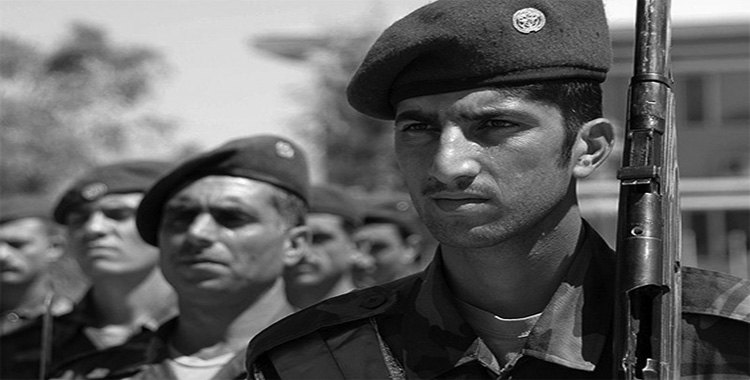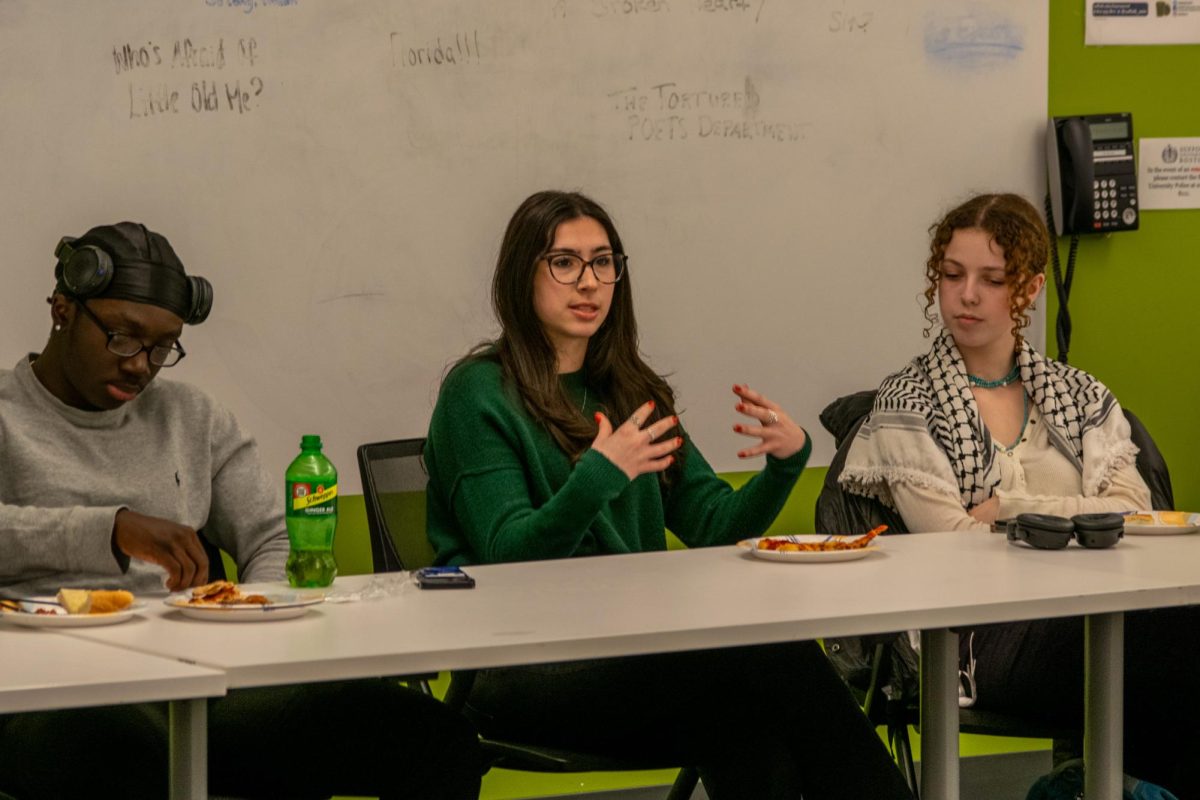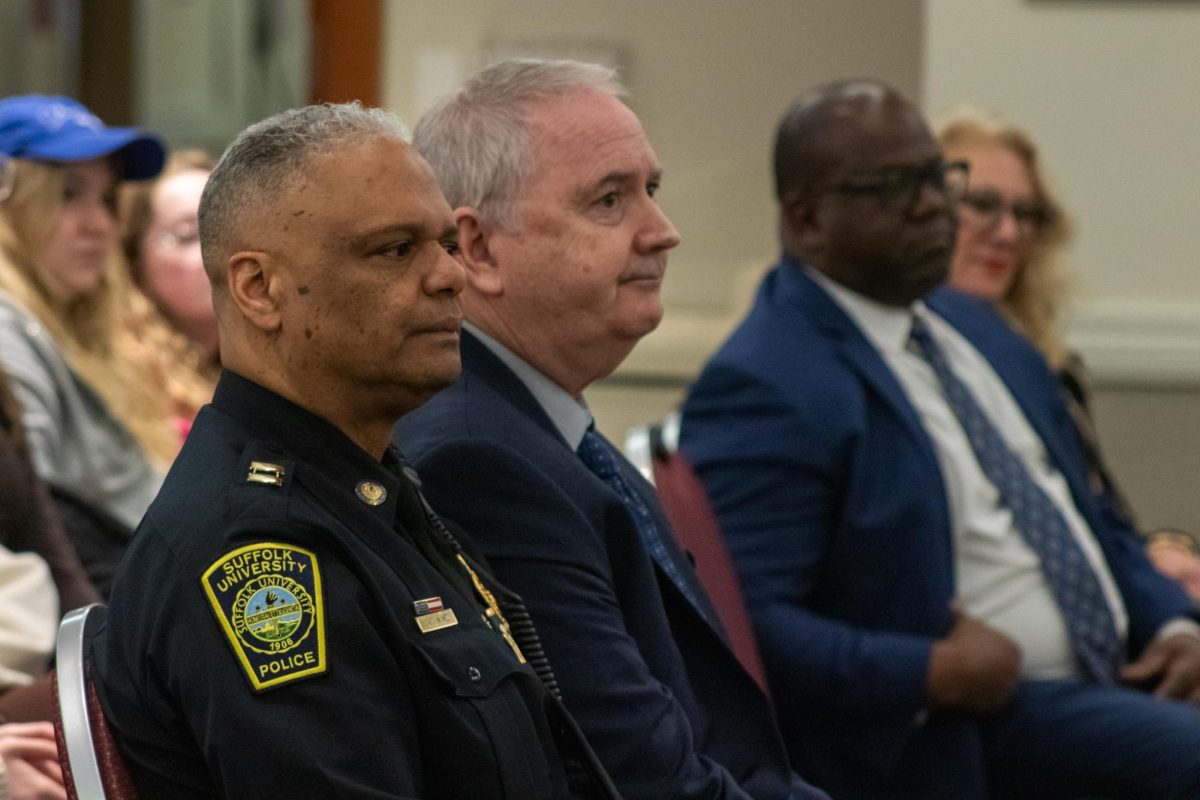Last Thursday the Suffolk University Law School hosted an event run by Massachusetts Peace Action on how to end the war in Afghanistan. Massachusetts Peace Action is a non-profit organization which aims to promote human rights and end war through grassroots organizing and community education.
The guest speaker was David Cortright, the director of Policy Studies at the Kroc Institute for International Peace Studies at the University of Notre Dame and chair of the board of the Fourth Freedom Forum. As the author or editor of 17 books on non-violence and a former active-duty soldier who opposed the Vietnam War, he discussed alternative ways the United States could lend a hand in Afghanistan without having thousands of troops on the ground.
According to Cortright, our peace strategy has been to defeat the Taliban until they reconcile and he believes that there is no possibility this could work in the future. Though there are plans to remove most of the soldiers from Afghanistan by 2014, it is likely that 10-20,000 will stay behind indefinitely, a strategy which Cortright believes is worsening the situation in Afghanistan.
“This policy is not moral,” he said. “It’s not effective, and it is leading to chaos. This is what the Taliban lives on.”
Cortright explained that terrorist groups have political agendas. Currently, their only purpose is to remove opposing occupation. There have been no records of Taliban attacks outside of their own territories. In fact, over 90 percent of suicide bombings have occurred to drive out foreign forces.
“They are waging war on the United States because we went there,” he said.
At this moment, there are over 400,000 American troops fighting against an estimated 20,000 armed insurgents. Cortright believes that the United States should focus its energy and spending on social development programs instead of military planning.
“If your main tool is a hammer,” he said, “every problem looks like a nail. Military planning is our primary instrument.”
He laid out a five-step action plan for the United States regarding its involvement in Afghanistan. First, foreign military disengagement would have to occur, followed by political reconciliation, and power sharing with Afghanistan. Third, there must be a diplomatic contact group of neighboring states, and there must be an interim protection force put in place. Lastly, there must be sustained large-scale support for development and human rights. Cortright strongly emphasized public education programs as part of Afghanistan’s social development.
Since insurgent groups have political goals, they must at some point face the public to strengthen their cause. Cortright believes that if the Taliban were to form their own party and face the political process in Afghanistan, they would fail. When they were in power they were not a popular group. Furthermore, the insurgents do not have the fire power to take over the capital city of Kabul.
In order to implement the strategy that Cortright outlined, individuals must be trained to do the policing in Afghanistan, security must be provided for those working on social development programs, and there is always the possibility that the country will default and a civil war will occur. Still, Cortright believes that no progress can be made until the soldiers are removed from Afghanistan.












